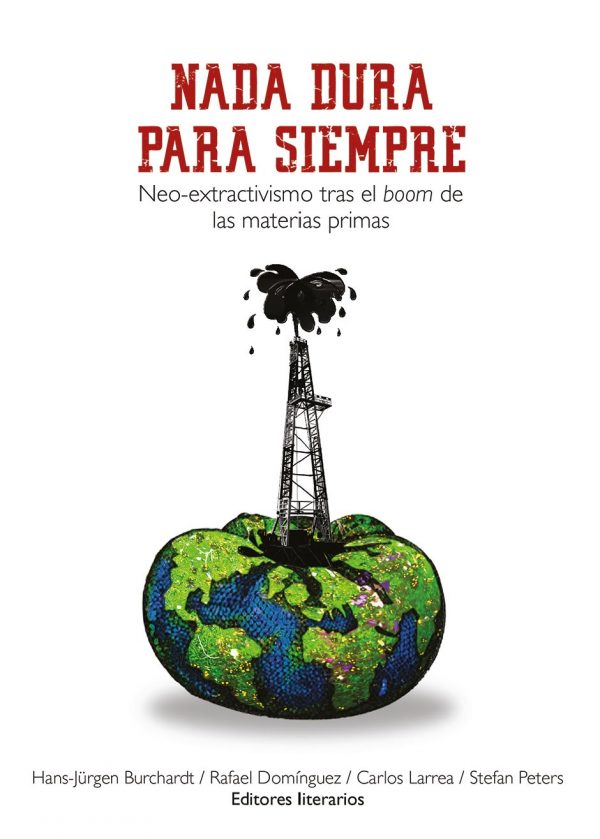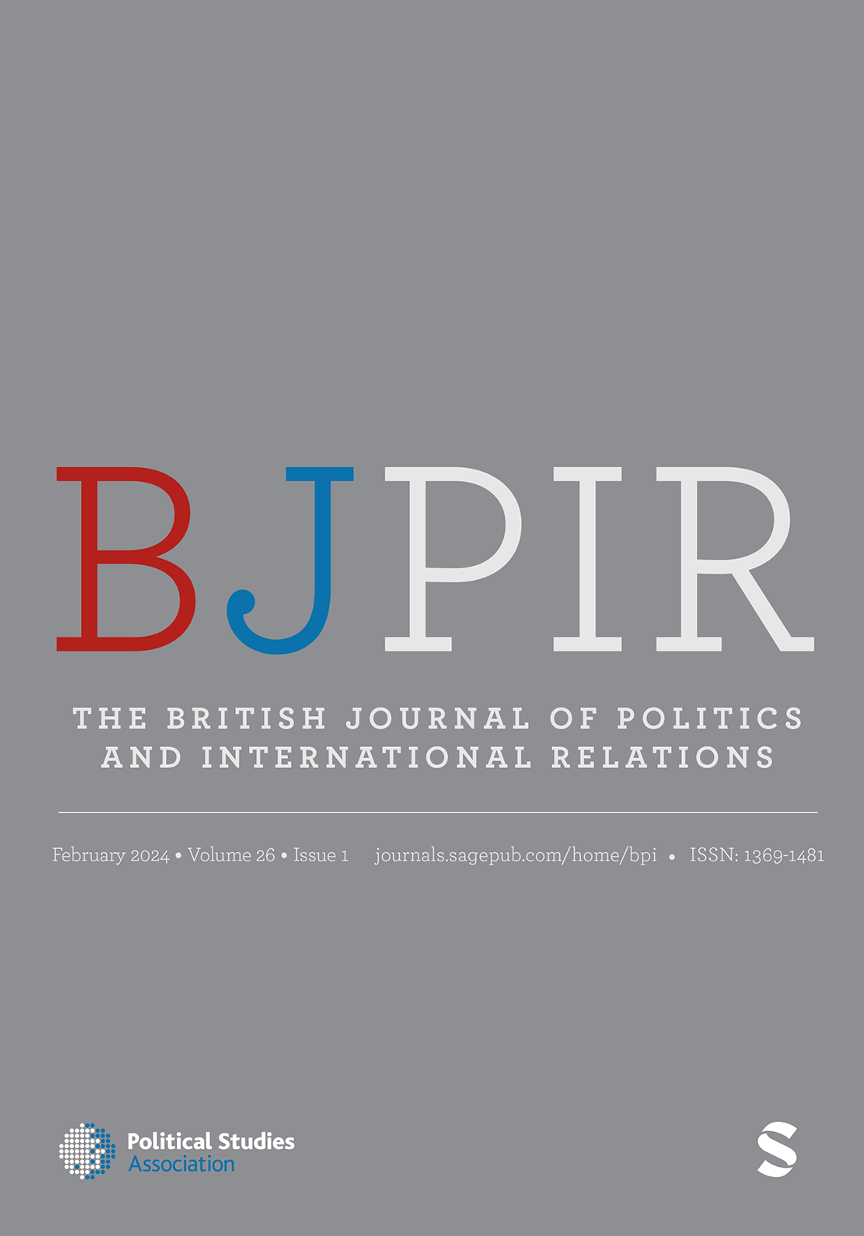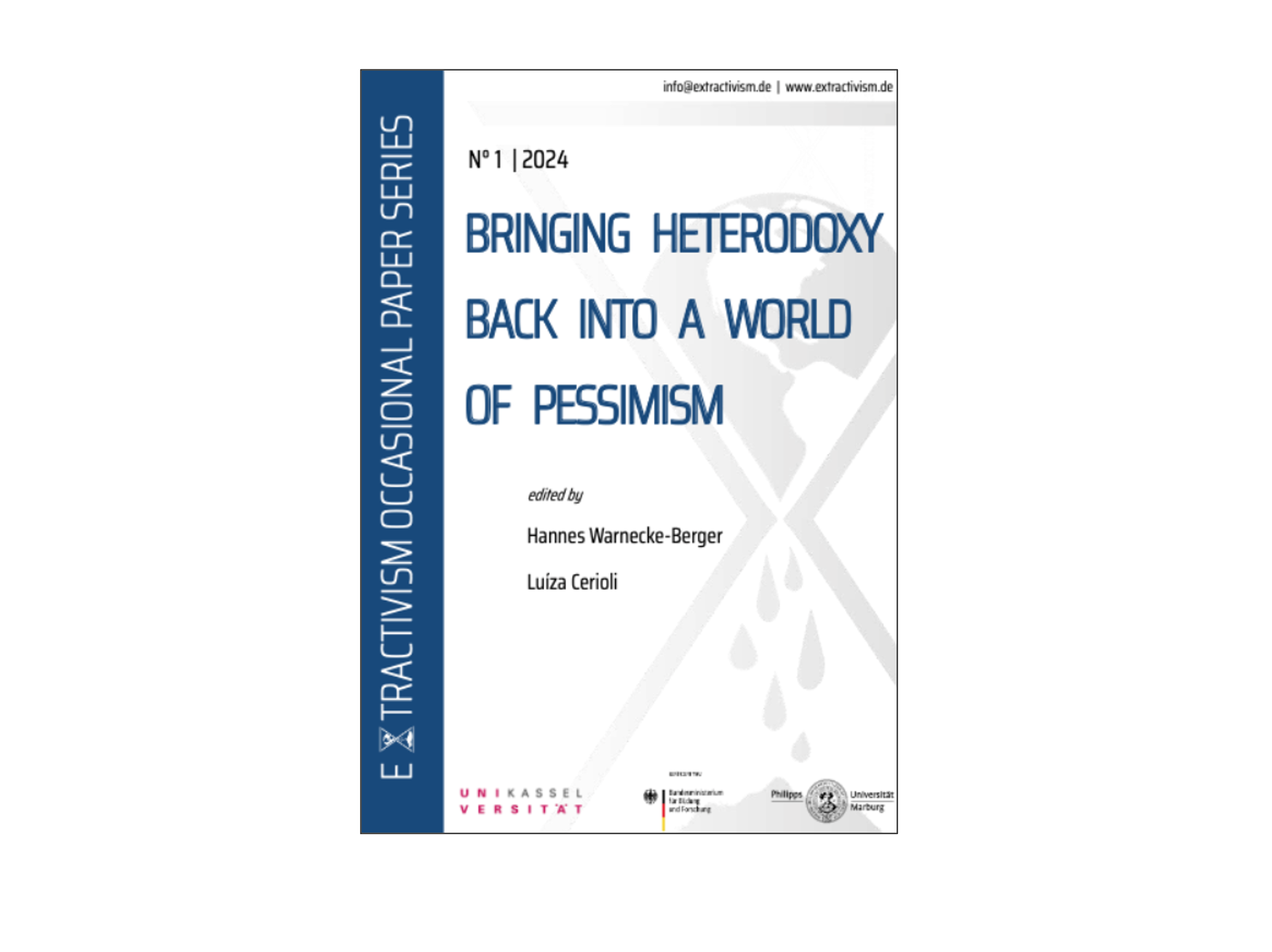
In the wake of high world market prices at the beginning of the 21st century, many commodity exporting states experienced an enormous economic boom. In this context, Latin America attracted international attention for its development model of neo-extactivism. It succeeded in combining (relative) economic prosperity with considerable social development successes and democratic legitimacy. At the same time, critical voices complained about the negative socio-ecological consequences related to the intensified exploitation of raw materials and the crisis-prone nature of the neo-extractivist development model. With the significant decline in commodity prices on the world market since 2013/2014, the vulnerability of neo-extractivism has become evident. In the current crisis, many of the development successes from the beginning of the 21st century are called into question.
The new publication “Nada dura para siempre: Neo-extractivismo tras el boom de las materias primas” looks at the economic, social, political and socio-ecological consequences of neo-extractivism, as well as the impact of the price collapse on commodity-based development models in Latin America. In particular, the contributions discuss the challenges and possible future strategies for a sustainable transformation of Latin American development models. The book brings together research results from a cooperation between the Department of International and Inter-Societal Relations and the International Center for Development and Decent Work at the University of Kassel and the Unidad de Información Socio-Ambiental of the Universidad Andina Simón Bolívar in Quito / Ecuador.
Burchardt, H.-J., Domínguez, R., Larrea, C. & Peters, S. (Eds.) (2016). Nada dura para siempre: Neo-extractivismo tras el boom de las materias primas. UASB-ICDD.


